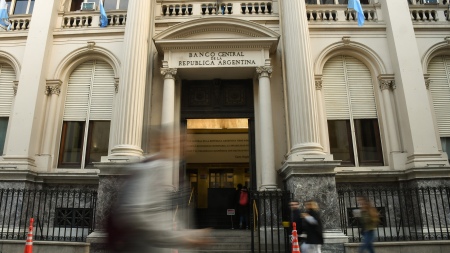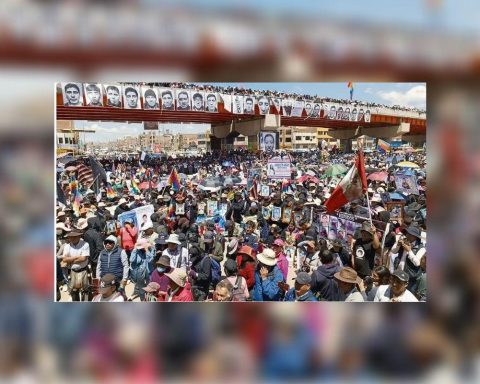The Central Bank ruled that companies that need to “make payments for imports of goods in advance, at sight or deferred before the term established in the SIRA declaration” (Import System of the Argentine Republic) is fulfilled, may access by up to $50,000 in the calendar year.
The measure -regulated through Communication “A” 7629- had been anticipated yesterday by the Minister of Economy, Sergio Massa, who assured that this average implies “benefits of SMEs over large companies in the import system”.
The minister -speaking at the meeting held at the CCK- questioned some import methods for goods that were not intended for production, and even for some sectors that were excessively stocked for the medium and long term.
“We were able to clear precautionary measures for 1,650 million dollars to import, that complicated the lives of those who produce, in what was a festival of imports that demolished the Argentine reserves”stressed the minister.
As an example, he recalled that Argentina became one “of the world’s leading importers of cryptocurrency mining machines” and that in some cases the textile industry had stocked up for “the next seven years.”
The measure seeks manage reserve dollars more efficiently and is complemented by another intended taken today, which seeks to favor the income of dollars from foreign tourists through your credit cards.
Starting this Friday, foreign tourists can pay with your credit card at the MEP Dollar exchange rate and no longer through the retail dollar, which implies an improvement of about 85% in the price that they could access today with their plastics in the country.
From the Government they point out that at present the card consumption of foreigners is less than 30 million dollars per month and that, with this measure, they could increase to 250 million dollars.
In that case, although the dollars they would not be settled through the exchange market, yes would go on to swell the gross reserves of the BCRA, since the dollars that tourists enter will go to deposits in dollars in local banks and, therefore, to increase reserves through bank reserve requirements.


















